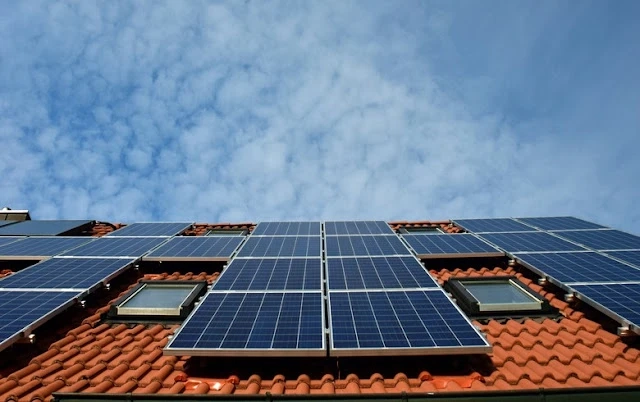“Save electricity save a life” is a phrase we see time and again. But do you know what it means? Your answer may be yes or no.
On-grid solar panels are adding real meaning to this campaign. Let’s find out how!
Electricity is a form of energy that comes from renewable and non-renewable sources. Renewable resources include solar, hydro, wind, geothermal, and biomass, while non-renewable resources include oil, coal, natural gas, and nuclear power.
Most of the world’s electricity is generated through non-renewable resources, which exist in limited quantities. The use of non-renewable resources, which is the main cause of serious diseases among people, is also creating a threat to the environment by increasing air pollution.
On the other hand, renewable sources are known for producing clean energy and are available in abundance.
Being a weak producer of harmful greenhouse gases, a renewable source of energy is very helpful in reducing air pollution. Renewable sources that were heavily used included on grid solar panel rooftop systems and wind turbines.
Living solely on solar panels is becoming the new purpose of life for many people.
Through this blog, you will understand everything you need to know about solar panels.
What is to be covered?
What is an on-grid solar panel system?How does an on-grid solar panel work?Benefits of on-grid solar panelsDisadvantages of On-Grid Solar PanelsChoose from on-grid and off-grid solar panelsRules on disposal of solar panel systemsGovernment policies to support the recycling, reuse, and regeneration of solar panelsConclusionWhat is an on-grid solar panel system?
The world is changing fast so are solar panels. Today we divide solar panels into three categories: on-grid solar panels, off-grid solar panels, and hybrid systems.
An on-grid solar panel system is a power generation system that connects the solar system directly to the utility grid. This system captures energy from the sun and converts it into electrical energy to meet daily needs.
Being easy to install and easy to understand, it is proving to be a gem for residential properties. The utility grid manages excess and underpowered energy generation through solar systems. It further acts as power storage.
How does an on-grid solar panel work?
Installing an on-grid solar rooftop system is a simple process. How solar panels work, including a step-by-step role of their components:
Solar Panel > Solar Inverter > Switchboard > Meter > Principal Grid.


